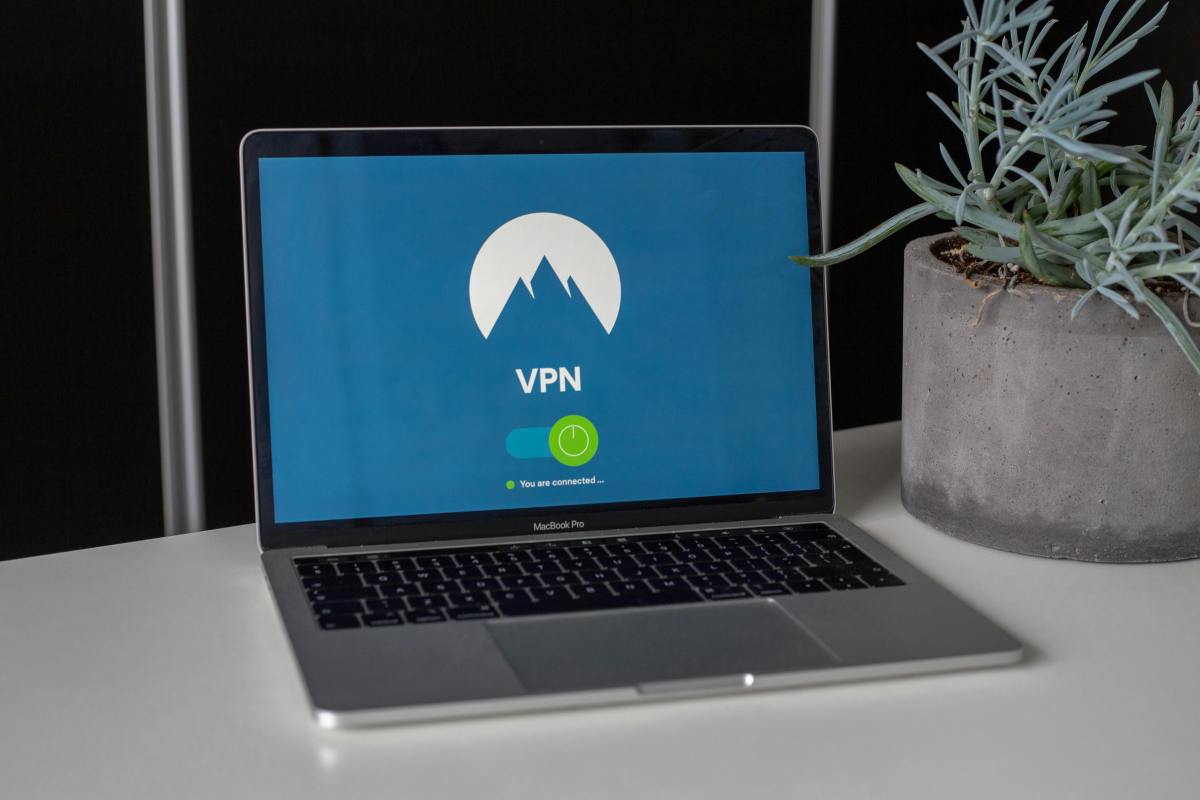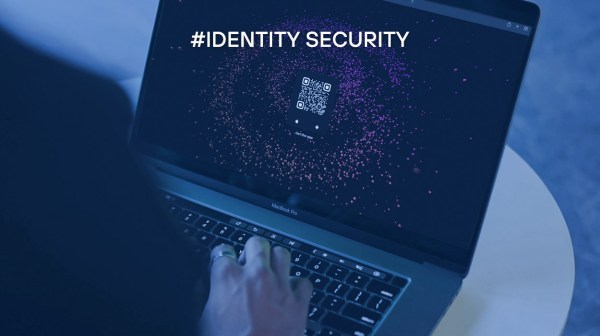VPN systems are well known in business environments, being one of the preferred means of connection between two different types of end points due to the security they provide.
Even so, far from corporate environments, VPNs can be one of our best allies in the protection and anonymity of our most personal environments. Although it is true that their adoption is not widespread, below, we will see that the security and advantages they provide make this type of connection a very interesting option to keep in mind.
What is a VPN?
Starting with the simplest definition, a VPN, or virtual private network, could be defined as a secure connection between two ends through another network, such as the Internet.
To explain the above statement in more depth and detail, we need to know how private or local networks are structured, and how we communicate with the rest through the Internet.
Generally speaking, in our home network we have several devices connected to a router via WiFi or cable. This router is responsible for connecting us externally to the Internet and giving us access to the different public resources. In the case of wanting to connect to private services, such as a corporate network following the initial example, we will not be able to do so as it is not globally accessible. This lack of access is for security reasons, in order to control the most sensitive information.
This is where VPN systems come into play. When we connect from home with a VPN, to summarise it a lot, we are virtually expanding our local network. In this way, access to a private network is created through a public network, so that the traffic between both parties is only visible to them.
To look for a simile, a VPN is like a tunnel (in many cases it is also called that), where there is an entrance and an exit that offers us different accesses, and outside of this we do not know what is happening or where we are going through. Likewise, whoever sees us outside the tunnel will not know what is happening.
How does a VPN work?
Theoretically speaking, a VPN can be thought of as a tunnel or a dedicated line between two specific points. However, in practice this is not the case, that is to say, bandwidth or communication is not reserved for this purpose. All the protection provided by VPN connections lies in the encryption of the information.
We will not go into technical details such as encryption mechanisms or algorithms, as this is not the aim of this article. Instead, we will give a summary of how this encryption is achieved:
- First, there is a request communication from the origin to the final server that will make the VPN connection.
- Once the request is approved, an asymmetric key exchange is performed. This consists of the creation of a public key that can only be deciphered by the private key that remains on the server side.
- Once the asymmetric keys are in place, and therefore a secure communication channel, a symmetric key exchange is carried out. That is, the same key at the source and destination, which will later be used to encrypt the information.
- Selection of encryption and integrity algorithms, to enable secure communication between both ends with the shared keys.
- Once the keys and encryption information are in place, the information flows between source and destination completely unreadable to anyone who does not have the corresponding keys. At this point, the ‘tunnel’ is complete and the VPN is established.
Benefits of VPN
The use of a VPN has multiple benefits, each one more important than the last. Some of these are discussed below:
- Security: We could say that security is the main advantage of this type of connection. Between the origin and destination of the VPN, all data will not be readable by third parties given the encryption implemented. In this way, we ensure that, regardless of where we are connected, our information is secure.
- Privacy on the web. In general, when we browse the Internet, it is possible to find out our IP address, which in turn reveals more information such as our location. By using VPNs, our Internet connection will be anonymous, with no data from the network being provided.
- Protection of the private network. As seen above, if we want to access internal resources that are not public, VPN networks offer a perfect solution, as they allow us to connect without exposing internal information.
- Avoiding limitations. In some scenarios, depending on the services, limitations on bandwidth or data usage may apply. When we use a VPN, the traffic is transparent to any third party and it is not possible to apply limitations based on the content.
Uses of VPN connections
Just as VPN connections have several benefits, their uses can be endless, always depending on the needs we wish to cover. Below is a list of some of the most common uses, however, it is not limited to this, as they have enormous potential.
- Security and privacy. We could say that the most common use of a VPN is to protect information on the network, as well as to increase our privacy. For example, we can use VPNs when connecting to dubious networks where we cannot guarantee complete security.
- Teleworking. It is quite common to find jobs that are carried out remotely. There are several ways to cover this need, one of the main ones being the establishment of a VPN against the workplace
- Access to private network. Related to the previous points, with VPN networks we can access our local network without having to publish any service, which can help us access our private resources anytime, anywhere.
- Omission of censorship. Some providers or countries limit certain web resources based on internal policies. By using these systems we can manage to overcome these limitations by ‘losing’ the original geolocation.
- Cost savings. Some online shopping websites discriminate on the basis of price according to location. By using a VPN from different locations it is possible to find lower prices.
- Reduction of bandwidth limitations. It is possible that certain services such as streaming, file sharing, etc. are limited by operators. One way to avoid this is through VPNs since the traffic will be transparent and unrecognisable.
Differences with other types of connections
Sometimes we can get confused when comparing these VPNs with, for example, the HTTPS connection we make when entering a website. Indeed, when we enter a secure web portal, the connection is also encrypted and protected. Even so, the level of protection and privacy is completely different. When using VPNs we are hiding the origin and protecting the entire chain of traffic to the terminator, this is not the case with other types of connections.
On the other hand, there are also so-called ‘proxies’. These are configurable pieces in our systems that we can use to access resources from a third party. As if they were ‘jump systems’ that we rely on to access resources. Although they share certain similarities with VPNs, they do not guarantee security and privacy, and the concept is totally different.
In the following table we show some of the differences between the connections. It is important to point out that it depends on each case, the type of service contracted, the type of access, etc. Even so, it is a question of highlighting some of the more general factors.
VPN providers… or your own
There are currently a multitude of options for establishing VPN connections. Depending on the need we want to cover, there are free solutions or solutions with an associated cost. In this sense, we must assess what suits us best, even so, for security, always validate that the company responsible for the service offers certain guarantees.
On the other hand, we can consider the option of creating our own VPN. Although it may seem somewhat expensive, it is not complex to configure by following a series of steps, and in this way, we could have access to our own private network devices wherever we are.









